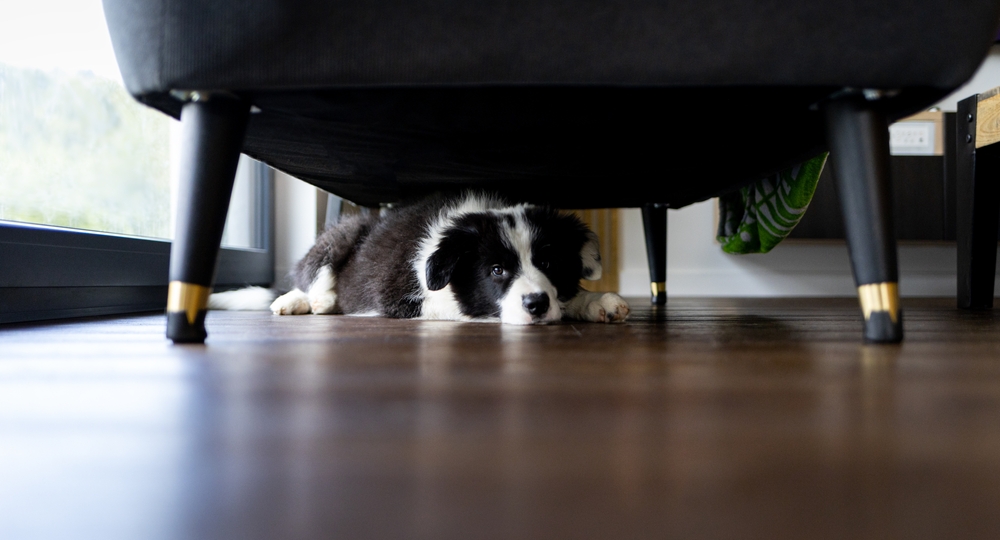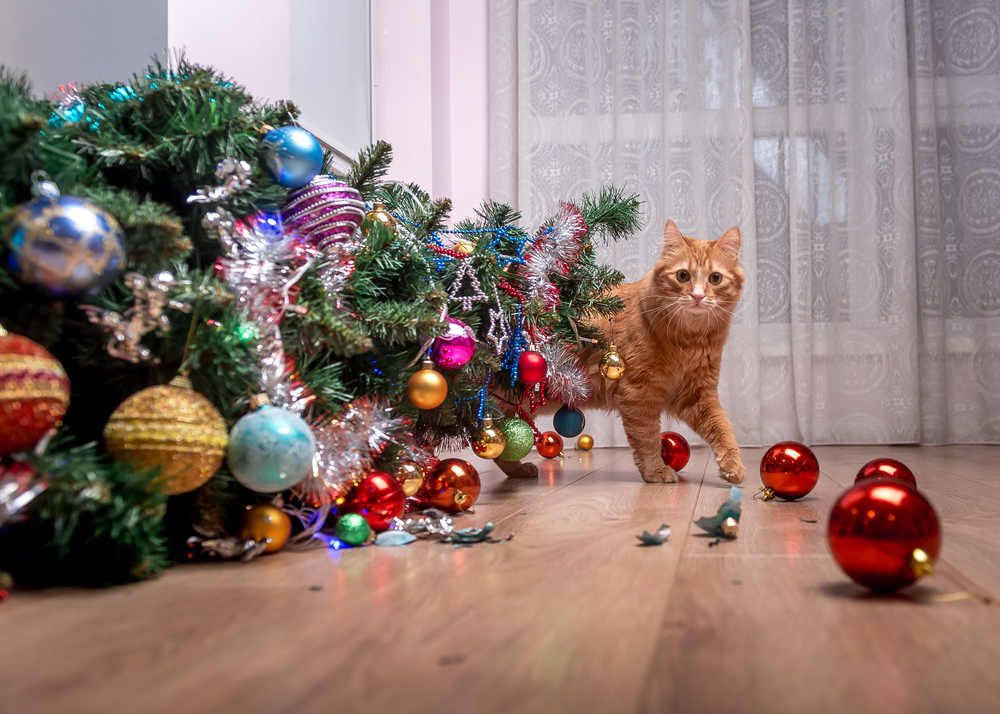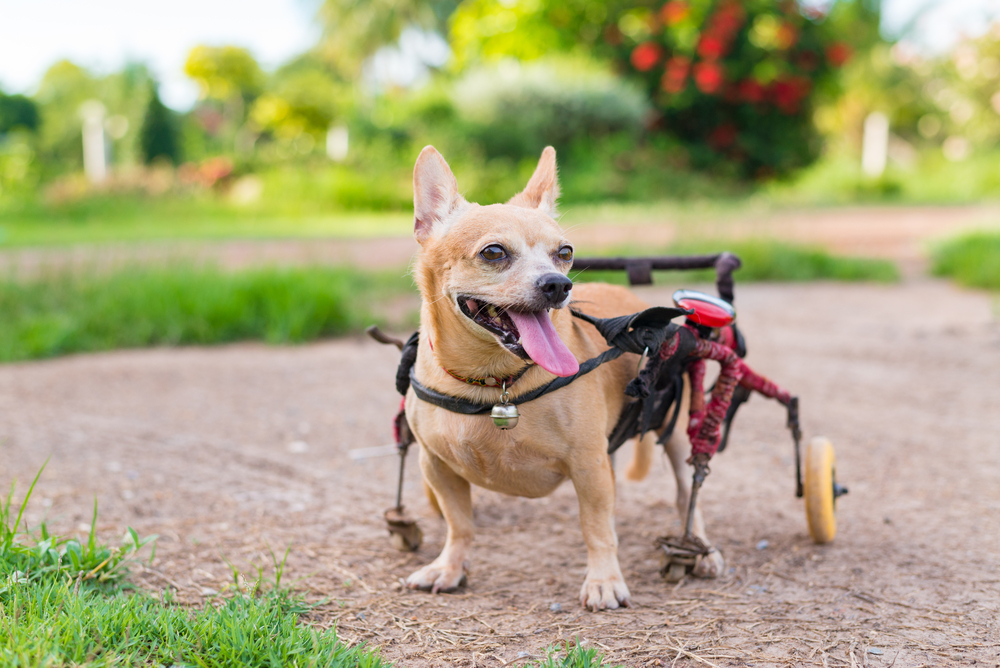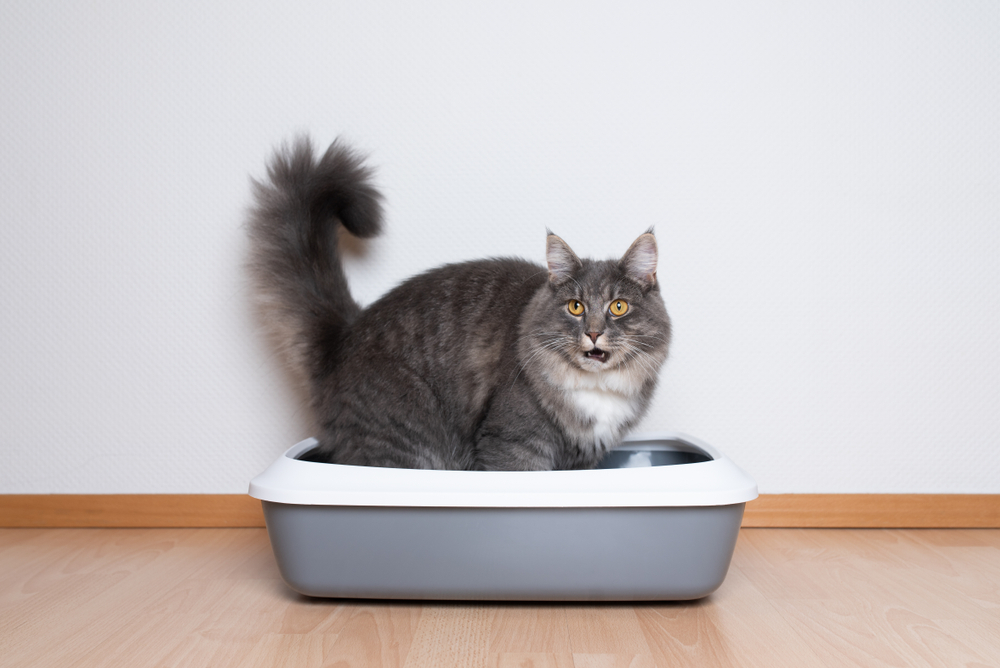The holidays are a time for spreading joy and love, but your pets may have other plans. Holiday foods, decorations, and parties provide ample opportunities for curious pets to find trouble that could ruin your celebration, or worse—land your pet in the emergency hospital. Holiday dangers lurk around every corner, so Cherry Knolls Animal Clinic wants to help you recognize them, and help you plan to keep your pets safe this year. Here are nine common holiday hazards and the steps you can take to avoid them.
#1: Changes in your pet’s routine
Pets are creatures of habit, and can become stressed and anxious if their daily routine is upset. Many people spend more time at home during the holidays, away from work or school, college students who’ve been away for months return home, and you may host out-of-town visitors with or without their own pets. Such abrupt changes can make your pet anxious, and sensitive pets may behave inappropriately as a result. Keep your pet’s waking, bed, eating, exercise, and play times consistent to help them feel a sense of normalcy during the holiday chaos. If your pet is overly sensitive to change, ask your veterinarian to recommend supplements or medications that may help relieve their distress.
#2: Towering Christmas trees
Christmas trees are a climbing challenge that curious cats can seldom resist, and those who attempt the feat may end up knocking the tree over completely. Water used to nourish live trees may contain hazardous chemical fertilizers, molds, or bacteria. Prevent tree tipping with commercial products designed to anchor them to a wall or ceiling, and cover the tree water to prevent access. If your pet is persistent, consider restricting their access to the entire room, or placing a low fence around the tree.
#3: Tempting tinsel and ribbons
Tinsel and ribbon are a cat’s best—and worst—friend. These shiny, attractive items are fun to bat and chew, but ingested linear material can easily obstruct and bunch up the intestines, which can be a life-threatening situation requiring surgical correction. Ensure your pets cannot access or chew these items, or consider skipping them entirely.
#4: Flashy lights and cords
Many pets also find chewing string lights irresistible, but if the lights are plugged in, your pet could sustain a serious shock or start a fire. Always supervise pets when using these lights, and unplug them when you’re away.
#5: Whimsical snow globes
Snow globes may contain ethylene glycol, the same chemical used in antifreeze. Only a small amount can cause catastrophic kidney failure or death in hours, so ensure your pets cannot knock over or break any snow globes you display. Remember that cats are adept climbers, so avoid placing snow globes near shelf or countertop edges where cats could accidentally push them.
#6: Tasty holiday foods and baked goods
Baked goods or candy containing xylitol, an artificial sweetener, can cause your pet’s blood sugar to drop dangerously low and impair their liver function. Other toxic foods your pet may find delicious include grapes, raisins, onions, garlic, chocolate, and macadamia nuts. Cooked bones can cause intestinal perforation or obstruction, fatty foods may cause pancreatitis, and many other foods can cause vomiting or diarrhea. Supervise pets around food, and consider crating them or confining them to another room while you’re cooking or serving meals. Don’t forget to promptly seal and dispose of trash that may contain tempting food items. If your pet consumes a potentially toxic food, call your veterinarian, a local veterinary emergency hospital, or reach out to the ASPCA Animal Poison Control Center or the Pet Poison Helpline.
#7: Flickering candles
Open flames also endanger curious pets, especially cats, who can jump onto countertops and tables. Cats can sustain burns when they brush up against a flame, or knock over candles and cause a fire. Always supervise pets closely around candles, and ensure you put out the flames before you leave the house or go to bed. Consider flameless candles as safe alternatives.
#8: Lovely mistletoe, holly, and poinsettia
These festive plants usually are not deadly, but they can cause drooling, vomiting, and diarrhea if your pet chews on or eats them. Some plants, especially lilies, can cause significant kidney damage or death, especially in cats. Instead, decorate with silk plants that you can reuse year after year. However, if you prefer the fresh flower look, consult the ASPCA’s list of toxic and non-toxic plants to ensure those you choose are pet-safe.
#9: Loud celebrations

Many pets—around two-thirds of dogs—are sensitive to or fearful of noises, including New Year’s fireworks. You should provide noise-sensitive pets with a quiet, safe space where they can relax away from the noise. Some pets may panic and run from loud noises, so keeping them in a safe place can reduce the chance that they may run away. Use music, white noise, or specially designed pet ear protection to muffle the frightening sounds, and consider pheromones, supplements, anxiety wraps, or anti-anxiety medications to help your pet stay calm.
No matter how busy or stressful the holidays, Cherry Knolls Veterinary Clinic is here to support you and your pet. Call us to schedule an appointment or consultation if you have concerns about your pet’s holiday anxiety and holiday safety, or if your pet is experiencing a holiday emergency.








Leave A Comment